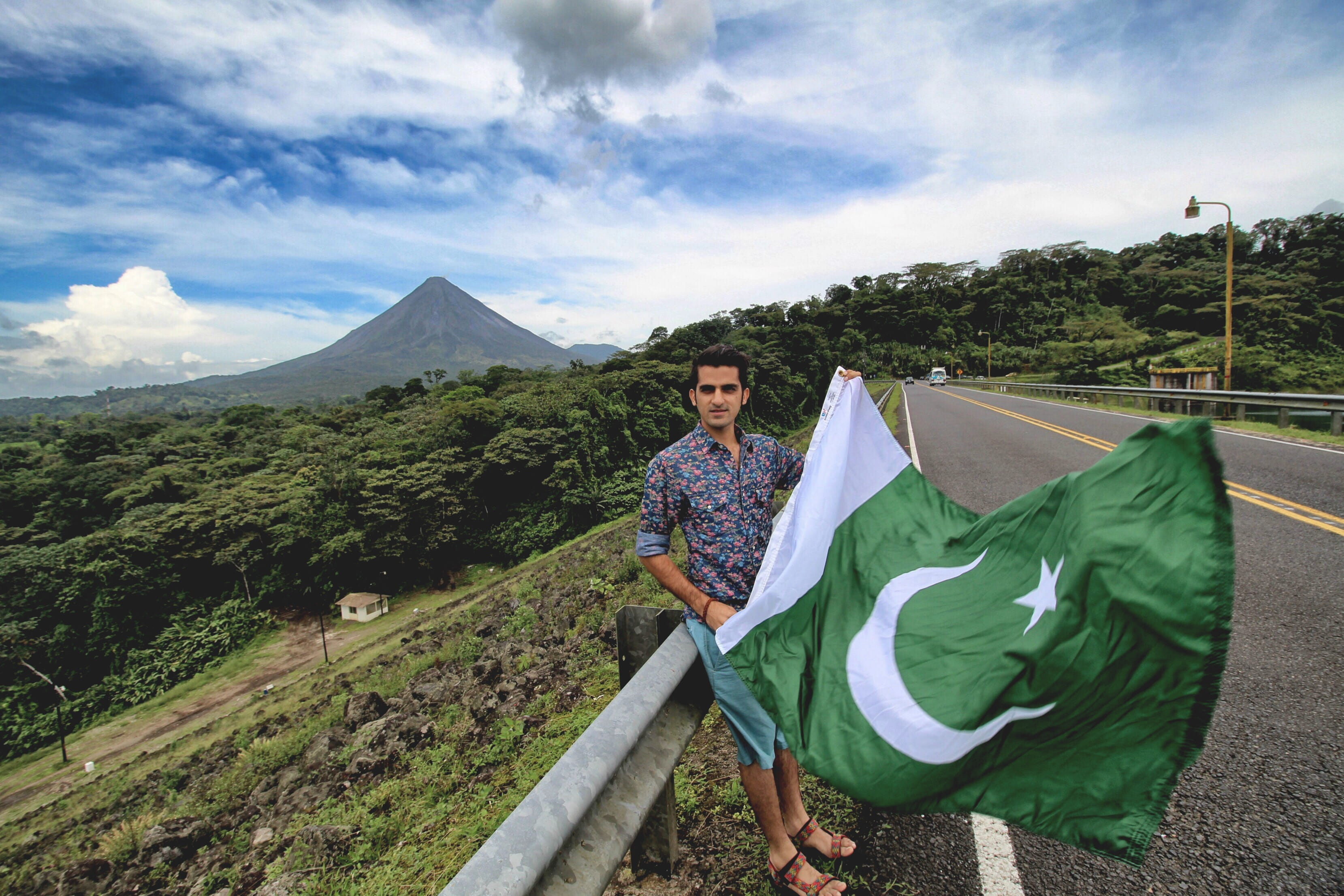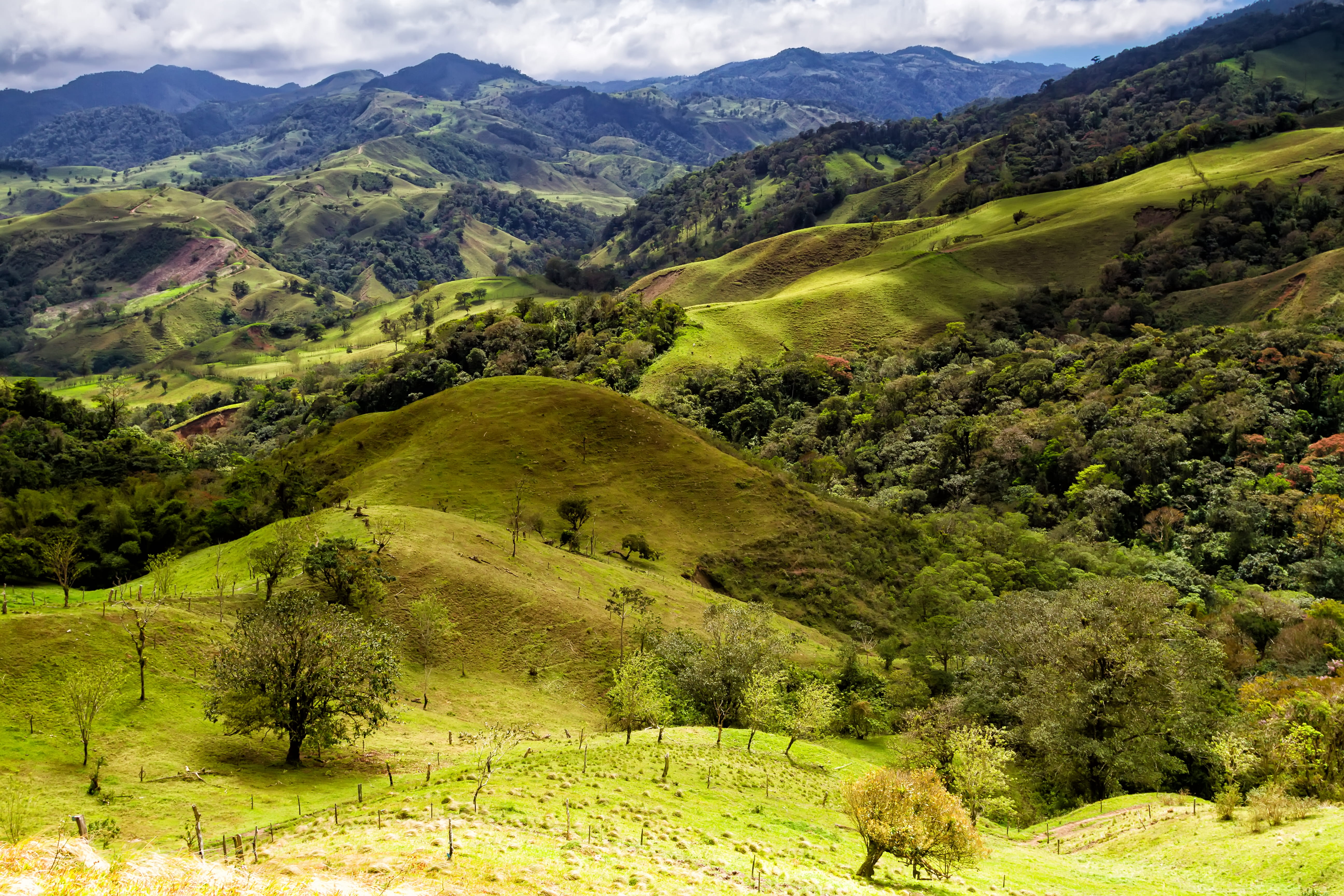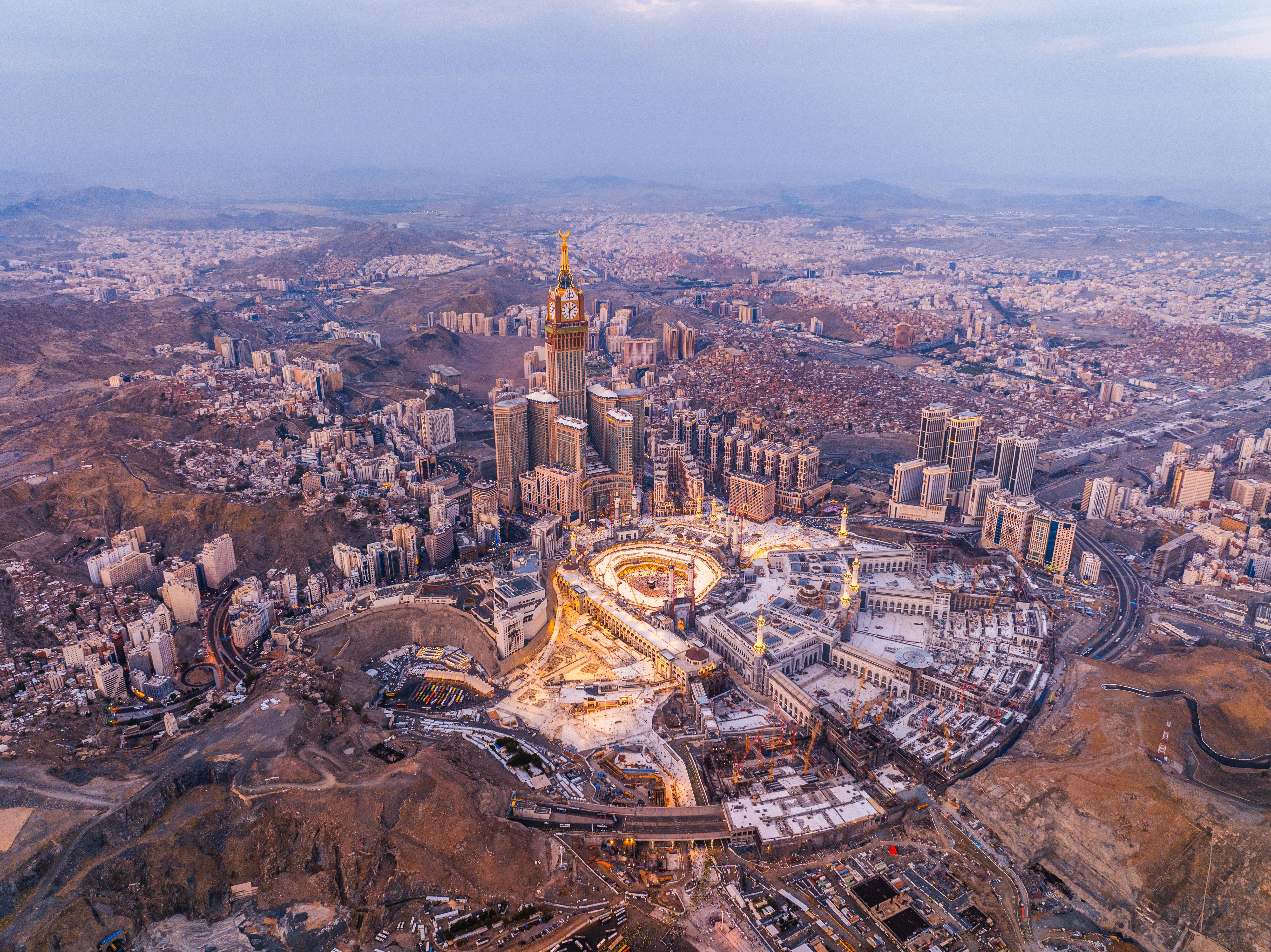Eco-Friendly Travel in Romania: Sustainable Stays and Experiences That Will Inspire You
May 6th 2025
If you're craving a vacation that’s as kind to the planet as it is unforgettable, look no further than Romania. This Central European gem isn’t just famous for its medieval castles and vampire legends, but is quietly becoming one of Europe’s most exciting destinations for eco-friendly travel. Romania offers a rare blend of untouched nature and authentic culture, from lush forests and pristine rivers to rural villages where traditions thrive.
With over 50% of its land covered by forests (the highest percentage in the EU) and home to some of Europe’s last wild ecosystems, Romania is a paradise for nature lovers and conscious travelers alike. Whether hiking through the Carpathian Mountains or sipping organic wine at a family-run vineyard, every experience here feels like a step closer to the earth.
In this guide, we’ll take you on a journey across Romania’s green heart, exploring sustainable stays, conservation-focused adventures, and eco-conscious experiences that will make your trip memorable and meaningful. Let’s dive into how you can explore Romania responsibly—from where to start your adventure to the hidden gems you won’t want to miss.
Where to Start Your Eco-Friendly Journey in Romania?
If you're flying in, Bucharest is the usual entry point. While the capital may not immediately scream “eco,” it actually has some fantastic green options to kick off your trip. Bucharest is home to several sustainable hotels like The Green House and Solar Hostel Bucharest, which focus on energy efficiency, recycling, and supporting local communities.
From Bucharest, head north toward Transylvania — yes, the same Transylvania you’ve heard about in Dracula stories, but this time with a twist. The region is packed with rural tourism opportunities, traditional guesthouses, and eco-destinations certified for their commitment to sustainability.
One standout is Zărnești —Piatra Craiului, Romania's first certified eco-destination. It offers low-impact tourism activities surrounded by breathtaking mountain landscapes.
This route gives you a perfect mix of city beginnings and countryside immersion — ideal for easing into eco-friendly travel in Romania.
Sustainable Stays: Sleep Among Nature and Tradition
One of the best ways to support eco-friendly travel in Romania is to choose accommodations that prioritize sustainability, local culture, and environmental responsibility. These aren’t just places to sleep—they’re immersive experiences that connect you with the land and its people.
Rural Guesthouses and Farm Stays
Forget sterile chain hotels. In rural Romania, many families open their homes to travelers through agrotourism—farm-based tourism that supports local economies while offering a glimpse into traditional life. Think cozy wooden cottages, homemade meals made from garden-fresh ingredients, and mornings filled with birdsong instead of traffic noise.
Agramonia, a platform promoting rural tourism, lists dozens of such stays, from the rolling hills of Maramureș to the forested foothills of the Carpathians. These are perfect for travelers who want to unplug and unwind while contributing directly to local communities.
Eco-Friendly Hotels in Cities
Even if you're staying in cities like Bucharest or Cluj-Napoca, you don’t have to compromise on sustainability. Places like Eco Hotel București and Urban Eco Hotel use renewable energy, offer locally sourced breakfasts, and minimize plastic waste. Qosmo Brasov Hotel stands out in Brasov for its green initiatives, including water-saving systems and partnerships with nearby organic farms.
These stays prove that going green doesn’t mean sacrificing comfort — it often enhances the experience.
Eco Adventures: Explore Romania’s Wild Side Consciously
Romania is an adventurer’s dream. With rugged mountains, dense forests, and winding rivers, it’s a playground for those who love the outdoors. But the best part? Many of these experiences are rooted in eco-conscious principles, ensuring that nature remains protected for generations to come.
Hiking in the Carpathian Mountains
The Carpathians stretch across central Romania and offer some of the most pristine wilderness in Europe. Whether tackling multi-day treks or easy day hikes, you’ll be rewarded with sweeping views, alpine meadows, and encounters with wildlife like brown bears and lynxes.
For a truly responsible adventure, consider joining guided tours by local conservation groups. They ensure minimal impact on trails and support regional biodiversity efforts.
Wildlife Safaris in the Danube Delta
If you’re a birdwatcher or nature lover, the Danube Delta Biosphere Reserve should be high on your list. It’s one of the largest and best-preserved wetlands in Europe and home to over 300 species of birds, including pelicans and herons.
Eco-tours led by local guides allow visitors to glide through reed-covered waterways without disturbing the fragile ecosystem. Some even include stays in floating eco-lodges powered by solar energy.
Conservation-Focused Climbing in Apuseni Natural Park
Apuseni is a lesser-known but equally stunning region known for its limestone cliffs and underground caves. Climbers and cavers can explore the area while participating in conservation programs that help preserve the park’s delicate ecosystem.
Whether scaling rock faces or spelunking in ancient caves, these experiences combine adrenaline with stewardship—a perfect match for eco-conscious adventurers.
Local Flavors & Farm-to-Table Feasts
Sustainability isn’t just about where you stay or what you do — it’s also about what you eat. Romanian cuisine is deeply connected to the land, and many restaurants and farms are now embracing farm-to-table philosophies that celebrate seasonal, organic ingredients.
Traditional Dishes with a Green Twist
Romanian food is hearty and flavorful, from hearty stews like ciorbă de burtă (tripe soup) to grilled mice (skinless sausages). More and more eateries are sourcing meat and produce from local farmers practicing ethical agriculture.
Try dishes made with ingredients grown just outside the village — like fresh cheese from grass-fed sheep or vegetables picked that morning. It’s not just delicious; it’s better for the environment and the local economy.
Organic Wine Tasting in the Vineyards of Moldova
Romania has a long winemaking tradition, and today, there’s a growing movement toward organic and biodynamic wines. Regions like Moldova and Dobrogea produce tasty bottles and mare ade using methods that protect soil health and reduce chemical inputs.
Some vineyards offer eco-friendly tours where you can learn about production, sample wines straight from the barrel, and enjoy picnics among the vines — all while supporting small-scale, sustainable producers.
Hands-On Experiences: Get Involved in Rural Life
Want to do more than just visit? Consider volunteering or working on an eco-farm during your stay. These immersive experiences allow you to contribute to sustainability projects while learning new skills and connecting with locals.
Volunteering on Eco-Farms
Several platforms, including Workaway and WWOOF, list opportunities on Romanian eco-farms. Tasks include helping with animal care, gardening, or building eco-friendly structures like compost toilets or rainwater harvesting systems.
It’s a rewarding way to see the country from a different perspective, and you’ll leave knowing you contributed to preserving its natural beauty.
Cultural Immersion Through Crafts and Festivals
Beyond farming, many villages offer workshops in traditional crafts like pottery, weaving, and woodcarving. These are often run by local artisans who rely on tourism to keep centuries-old practices alive.
Attending folk festivals like Sânziene in June — a celebration of nature and the summer solstice — lets you witness vibrant cultural expressions while supporting community-led tourism.
Why Eco-Friendly Travel Matters in Romania?
As tourism grows, so does the need to protect Romania’s unique landscapes and cultural heritage. Fortunately, the country is making strides in sustainable development, with more eco-certified accommodations, nature reserves, and responsible tour operators emerging yearly.
But change doesn’t happen overnight. As travelers, we can shape the future of tourism by choosing businesses that prioritize sustainability, respect local customs, and minimize our environmental footprint.
By opting for eco-friendly travel in Romania, you’re reducing your impact and helping preserve one of Europe’s last wild frontiers for future explorers.
Final Tips for Planning Your Eco-Friendly Romania Trip
Before you pack your bags, here are a few final pointers to make sure your trip is as green and fulfilling as possible:
- Travel Light: Less baggage means less fuel consumption, which is significant when flying.
- Use Public Transport: Trains and buses are widely available and much greener than renting a car.
- Support Locals by buying souvenirs from village markets, dining at family-run restaurants, and booking tours with local guides.
- Pack Reusable Items: Bring a refillable water bottle, a cloth shopping bag, and eco-friendly toiletries.
- Offset Your Flight: If you're flying from abroad, consider carbon offsetting through certified programs.
Finishing Your Eco Adventure: Where to End Your Journey
While many start in Bucharest, finishing your trip in Cluj-Napoca or Sibiu makes a fitting conclusion. Both cities offer modern amenities and green initiatives, allowing you to reflect on your journey before heading home.
Cluj, the unofficial capital of Transylvania, has a thriving eco-café scene and urban gardens where you can sip fair-trade coffee and snack on organic pastries. Sibiu, a former European Capital of Culture, boasts charming cobblestone streets and eco-museums focused on sustainability and heritage preservation.
No matter where you end up, your eco-friendly journey through Romania will leave you inspired — and ready to plan your next green adventure.
Eco-Friendly Travel in Romania: FAQs
What Are the Best Eco-Friendly Accommodations in Romania with Verified Green Certifications?
Travelers often struggle to identify truly sustainable places to stay. Look for certified eco-lodges like Angofa Farmhouse, which showcases environmentally friendly farming and offers immersive rural experiences. Platforms like Agramonia and Booking.com also list verified green stays that support local communities and reduce environmental impact.
How Can I Rent a Car in Romania Sustainably (e.g., Electric or Hybrid Options)?
While traditional car rentals in Romania dominate the market, cities like Cluj-Napoca and Bucharest are starting to offer hybrid or electric vehicles through Finalrentals. Always ask about carbon offset options when booking your car rental to minimize your footprint.
Are There Eco-Friendly Public Transport Options Between Major Romanian Cities and Rural Areas?
Yes! Romania has a well-connected train system operated by CFR Călători, which is significantly more sustainable than flying domestically. For rural areas, consider joining small-group ecotours that use shared transport and support conservation projects.
What Should I Look for in Travel Insurance That Covers Eco-Tours and Outdoor Adventures in Romania?
Opt for policies that cover adventure activities like hiking, caving, and kayaking. Companies like World Nomads or SafetyWing offer plans that include emergency evacuation, medical coverage in remote areas, and gear protection — crucial for eco-tours in places like the Carpathian Mountains or the Danube Delta.
Where Can I Find Organic and Locally Sourced Food While Traveling in Romania?
Supermarkets and farmers' markets are the top sources for organic products in Romania. In cities like Sibiu and Brașov, farm-to-table restaurants like La Cuptor de Piatră serve locally sourced dishes. Rural agroturism also provides meals made from homegrown ingredients.
How Can I Ensure My Tour Operator Supports Sustainable Tourism in Romania?
Look for certifications like EcoTours Romania or memberships in responsible tourism networks. Small-group tours led by local guides (like those visiting Turda Salt Mine or Apuseni wildflower meadows ) ensure minimal environmental impact and community benefit.
What Are the Most Environmentally Friendly Hiking Trails in Romania?
The Carpathian Mountains, Piatra Craiului National Park, and Retezat National Park are ideal for eco-conscious hikers. To protect these fragile ecosystems, stick to marked trails, join guided hikes, and follow Leave No Trace principles.
Is It Safe to Drink Tap Water in Romania, or Should I Carry a Filter for Sustainability?
Tap water is generally safe in cities but may have a strong taste due to chlorine. In rural areas, bottled water is more common. Bring a reusable bottle with a built-in filter (like Grayl or LifeStraw) to reduce plastic waste.
How Can I Offset the Carbon Emissions from My Flight to Romania?
Many airlines now offer carbon offsetting at checkout. Alternatively, you can donate to reforestation projects in Romania or regional climate initiatives. To lower emissions, choose flights with fewer layovers and direct routes.
Conclusion: Embrace Eco-Friendly Travel in Romania
Romania is more than just a hidden gem—it’s a blueprint for how travel can be transformative and sustainable. Whether sleeping in a rural homestay, hiking through untouched forests, or sharing a meal with a local farmer, every moment spent here feels intentional and connected.
So why not make your next trip one that gives back? With so many eco-friendly stays, conservation-focused adventures, and authentic cultural experiences, eco-friendly travel in Romania is more than a trend — it’s a mindset.
Start planning your green getaway today. The Carpathians are calling, the Danube is waiting, and Romania’s wild soul is ready to welcome you.

































































